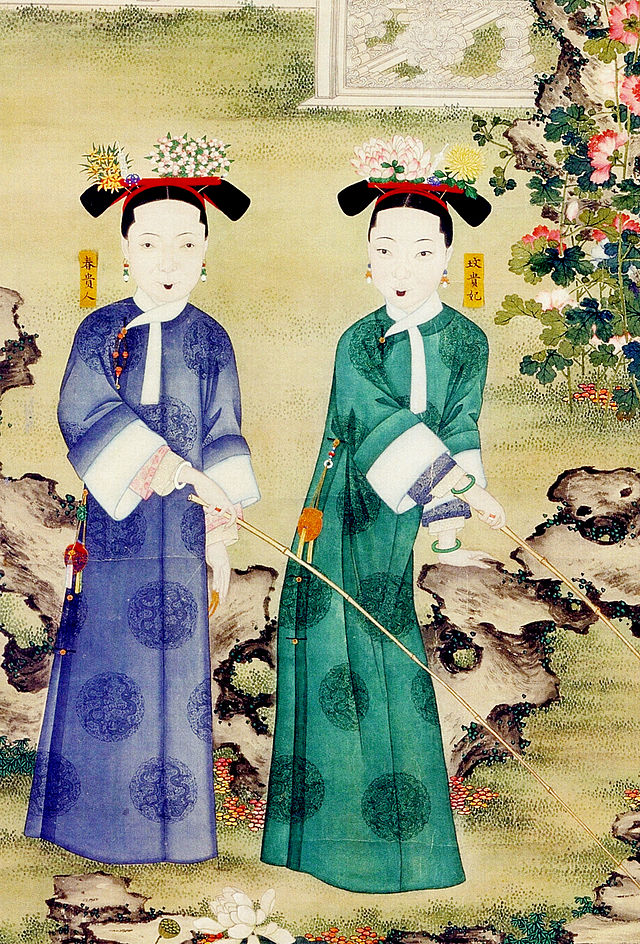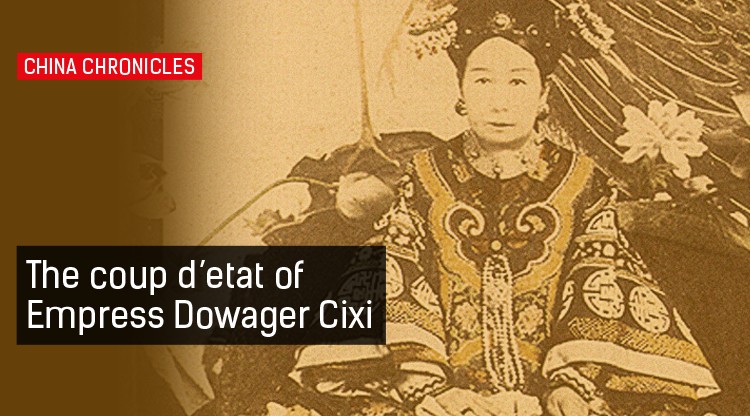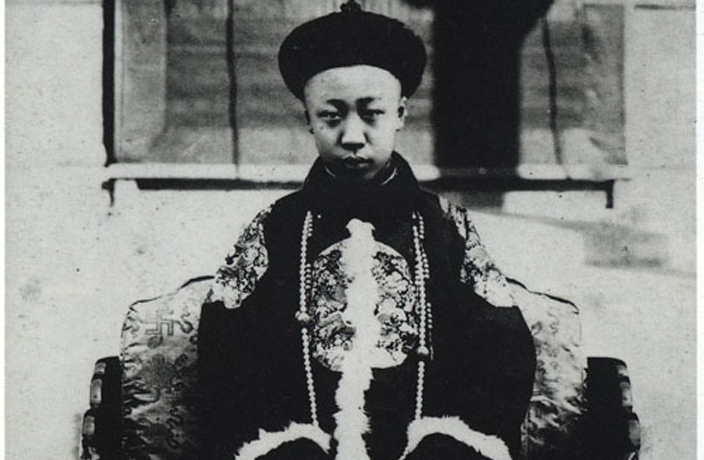On November 2, 1861, Empress Dowager Cixi carried out a coup against other imperial regents, effectively taking control of the Manchu Qing Dynasty.
The Xianfeng Emperor had died that August, while in exile in Manchuria. Before his death, he had summoned eight of his most prestigious ministers and named them the Eight Regent Ministers. Their role was to direct and support his heir and future Tongzhi Emperor, the son of Cixi, who was only five years old at the time.
A shrewd strategist, Cixi had to work from a limited position after the Xianfeng Emperor's death. As the lower-ranked Empress Dowager, she had no political power. Her son, while emperor, was not a political force himself. She allied herself with the late emperor's principal wife, the Empress Dowager Ci'an. Cixi suggested that they become co-reigning Empress Dowagers, with powers exceeding the Eight Regent Ministers.

Tensions grew among the two Dowager Empresses and the Eight Regent Ministers, who did not appreciate Cixi's interference in political affairs. Frustrated, Ci'an often refused to come to court audiences, leaving Empress Dowager Cixi to deal with the ministers alone. Secretly, Cixi began gathering the support of talented ministers, soldiers and others who were ostracized by the Eight Regent Ministers, for personal or political reasons.
She aligned herself with Prince Gong, an ambitious man excluded from this power circle. When the Emperor's funeral procession left for Beijing, Cixi took the boy Emperor and returned to the capital before the rest of the party, who were left to accompany the deceased Emperor's procession.
Having bought time to plot with Prince Gong, history was rewritten and the Regents dismissed as having carried out incompetent negotiations with the British and French (whose troops had burned the Old Summer Palace to the ground the year before, 1860) and causing the Xianfeng Emperor to flee to Manchuria “greatly against his will," among other charges.
To display her high moral standards, Cixi executed only three of the eight – Sushun, Zaiyuan and Duanhua – and refused outright the idea of executing their family members, as would be done in accordance with Imperial tradition.
Cixi then broke with tradition in a more dramatic way - becoming the only Qing Dynasty Empress to rule from 'behind the curtains,' right up to her death in 1908. Her single-minded determination to hold onto power led her to resist reform, which in turn has been blamed for bringing about end of the Imperial Era.
The dynasty collapsed just four years after her death in 1912.






















0 User Comments